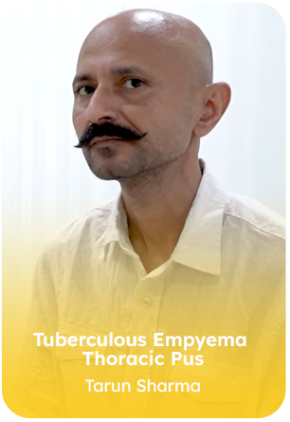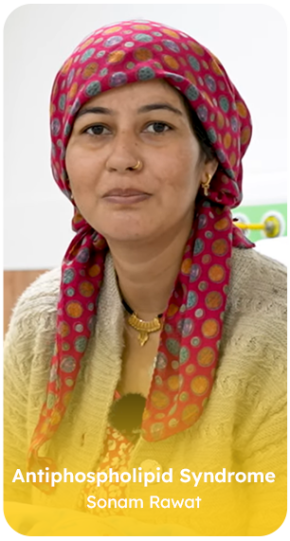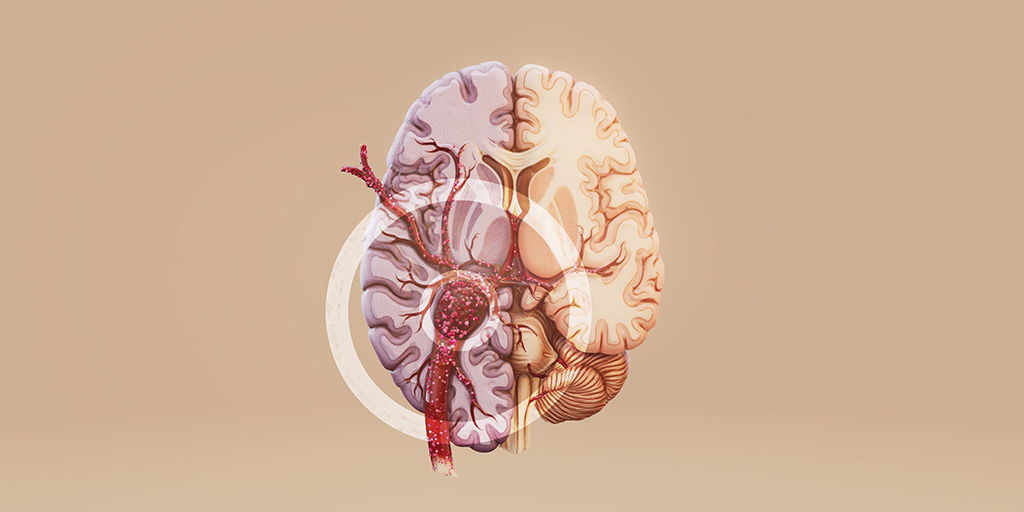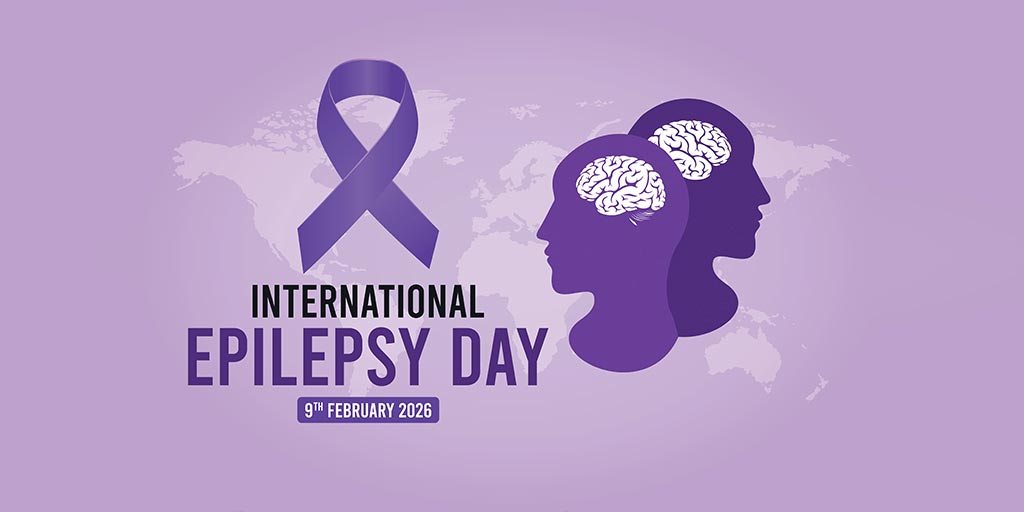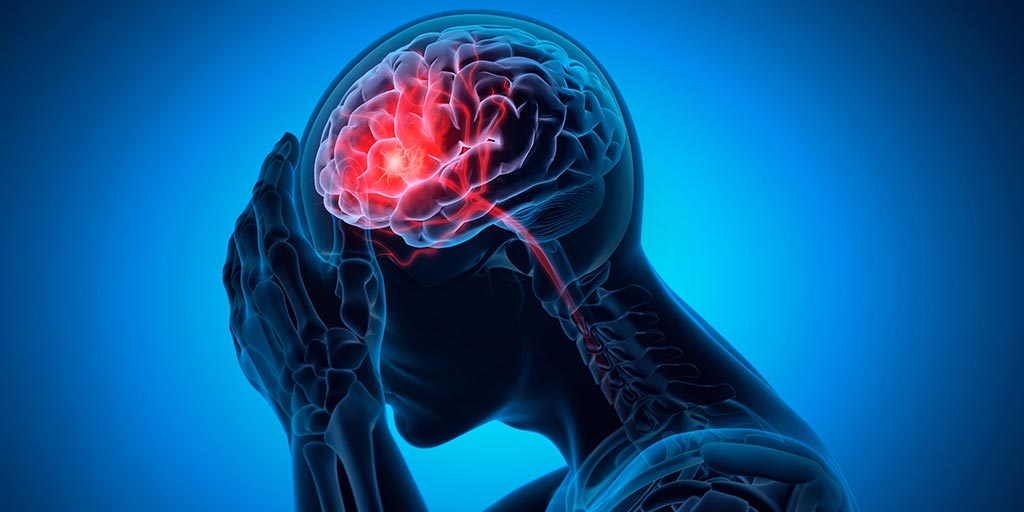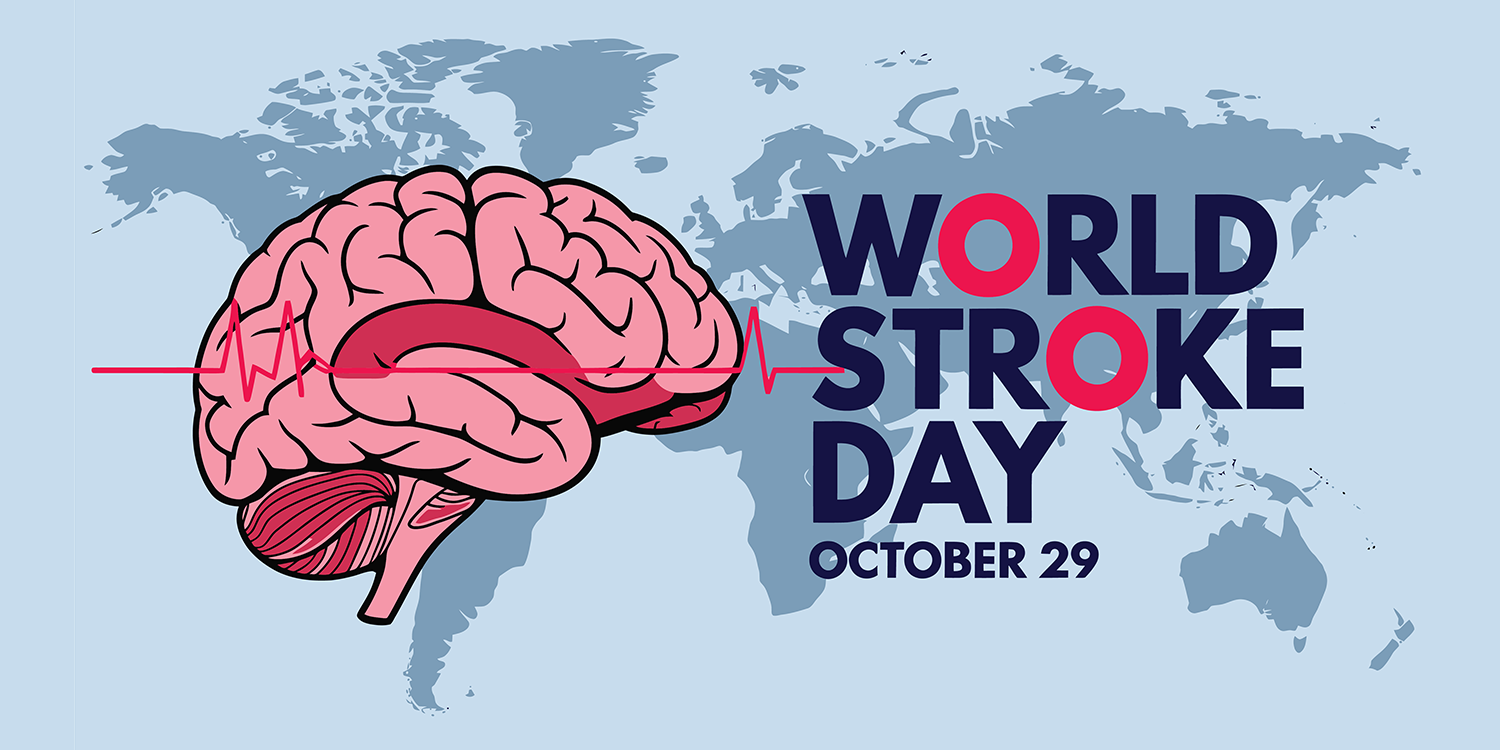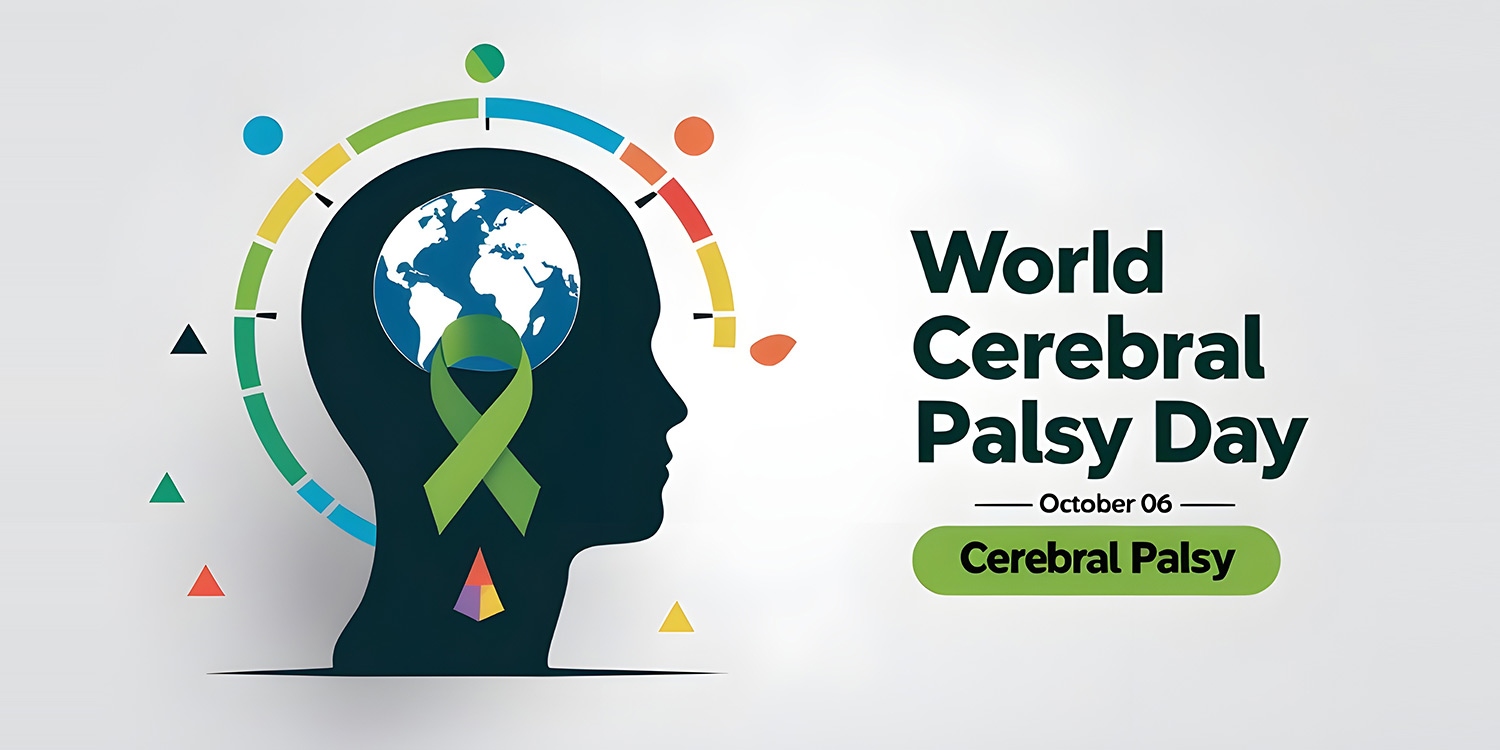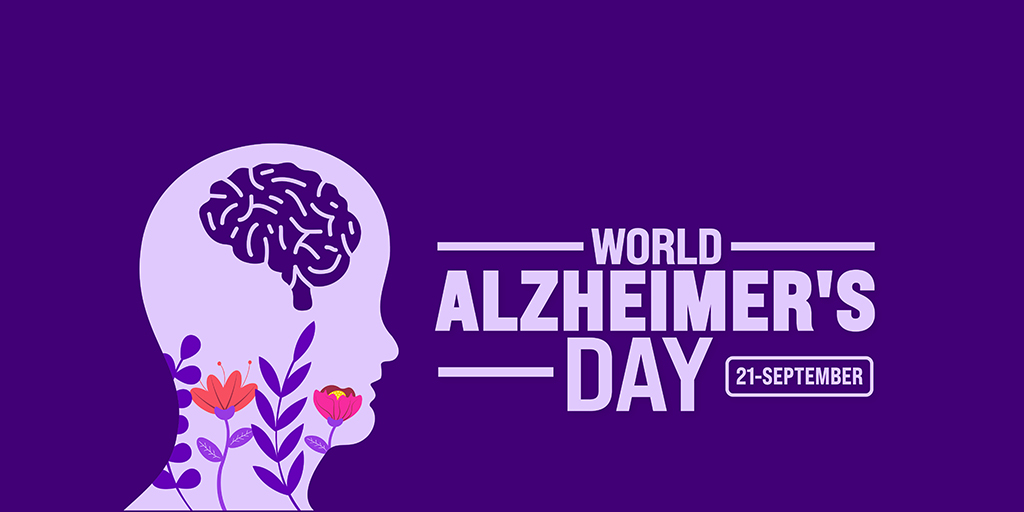Surgery is often the ultimate treatment for removing brain tumours, whether benign or malignant. At Graphic Era Hospital, the Department of Neurosurgery offers advanced surgical options for safe and precise brain tumor removal. Our experienced neurosurgeons use cutting-edge technologies such as fluorescence-guided surgery, stereotaxy, Neuro-navigation, and neuroendoscopy for a minimally invasive approach aimed at treating the diseased area and preserving the healthy brain tissue. With integrated support from oncology, radiotherapy, and rehabilitation teams, we provide comprehensive care for patients undergoing brain tumor surgery in Dehradun, ensuring improved outcomes and faster recovery.

When to Seek Brain Tumor Evaluation and Surgery
Brain tumors can present with subtle or progressive symptoms that may be mistaken for other conditions. Early evaluation by a specialist is essential if any of the following signs appear or worsen over time:
- Persistent or worsening headaches, especially in the morning
- Seizures or unexplained loss of consciousness
- Blurred or double vision
- Speech difficulties or trouble understanding language
- Weakness or numbness in one side of the body
- Problems with balance, walking, or coordination
- Personality or behavioural changes
- Confusion, memory loss, or difficulty concentrating
- Persistent nausea or vomiting unrelated to digestion
- Worsening of neurological symptoms after previous treatment
Schedule Your Appointment with
Our Expert Doctors
We are dedicated to driving lasting, positive transformation in healthcare management through innovation and patient-centered solutions.
Things to Know Before Undergoing Brain Tumor Surgery
Understanding what to expect before surgery can help patients and families make informed decisions and prepare for recovery:
- The location, size, and type of brain tumor determine the surgical plan
- Complete removal may not always be possible, especially near critical brain areas. Exceptional skill and patience of Neurosurgeons, along with vital Intraoperative monitoring; while operating complex brain tumours is the key to a successful outcome.
- Brain protection by neuro-anesthesia techniques have contributed significantly to successful brain tumour surgeries
- Brain tumor surgery may be followed by radiotherapy or chemotherapy
- Risks include bleeding, infection, and temporary or permanent neurological changes
- Intraoperative neuro monitoring and. Rain Mapping is often used to reduce the risk of damage to healthy / normal brain
- Advanced imaging such as MRI and CT scans are required for pre-surgical planning.
- Preoperative Embolisation of tumours which have a very vascular nature helps in preventing excess blood loss during operative procedure
- Hospital stay and recovery time vary based on the complexity of the procedure
- Rehabilitation therapy may be needed to regain strength or function after surgery
Brain Tumor Surgery Procedures Available at Graphic Era Hospital
Our neurosurgical team offers a range of advanced procedures tailored to the type, location, and complexity of the brain tumor, ensuring safe and effective treatment.
- Craniotomy for Tumor Resection: A surgical procedure where part of the skull is temporarily removed to access and remove the tumor.
- Fluorescence-Guided Surgery: Special dyes highlight tumor cells, helping surgeons remove the tumor more precisely while preserving healthy brain tissue.
- Stereotactic Brain Tumor Surgery: A minimally invasive, image-guided approach ideal for deep-seated or small tumors, offering high precision.
- Neuroendoscopic Tumor Removal: Uses a small endoscope inserted through a narrow channel to remove tumors with minimal disruption to surrounding tissue.
- Intraoperative Neuro Monitoring (IONM): Real-time monitoring of nerve and brain function during surgery to reduce risks of neurological complications.
- Skull Base and Pituitary Tumor Surgery: Microsurgical and endoscopic techniques to access and remove tumors located at the base of the skull or in the pituitary gland.
- Paediatric Brain Tumor Surgery: Specialised surgical care for children with brain tumors, using age-appropriate techniques and post-op care.
- Multimodal Surgical Integration: Tumor resection combined with coordinated planning for post-surgical radiotherapy and chemotherapy where needed.
Why Choose Graphic Era Hospital for Brain Tumor Surgery?
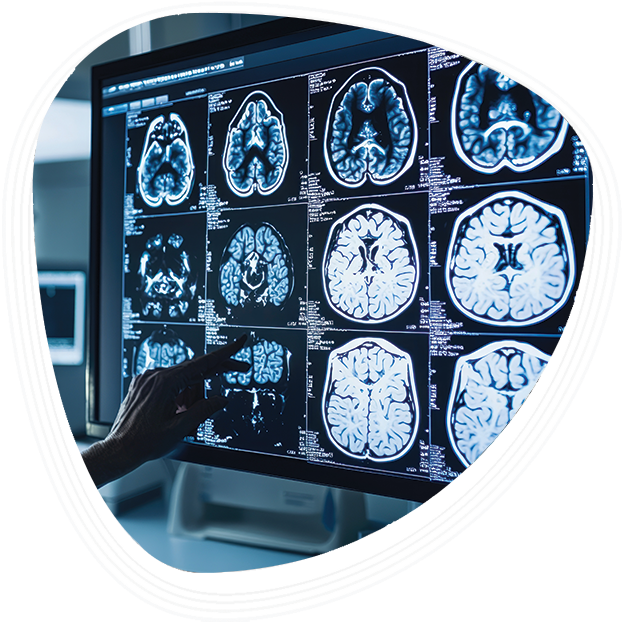
Neurosurgical Services Supporting Brain Tumor Treatment
Our advanced neurosurgical services ensure comprehensive care throughout the treatment and recovery process for brain tumor patients.
Neurosurgical Oncology
- Precision-based removal of benign and malignant brain tumors
- Use of fluorescence-guided and stereotactic techniques
- Collaborative care with radiation and medical oncology teams
- Rehabilitation programmes to support post-operative recovery
Neuroendoscopy
- Minimally invasive tumor resection through small incisions
- Endoscopic approaches for pituitary and skull base tumors
- Shorter recovery time and less post-surgical discomfort
- Ideal for cystic or deep-seated tumors with minimal disruption
Intraoperative Neuro Monitoring (IONM)
- Real-time tracking of neural activity during surgery
- Helps protect motor and sensory functions
- Used in high-risk tumor resections near critical brain regions
Paediatric Neurosurgery
- Specialised surgical care for brain tumors in infants and children
- Techniques adapted for developing brains and smaller structures
- Dedicated post-operative support and neurorehabilitation
- Family-centred care and long-term follow-up
Top Brain Tumor Procedures Performed at Graphic Era Hospital
- Craniotomy for brain tumor removal
- Fluorescence-guided tumor resection
- Stereotactic brain tumor biopsy and surgery
- Neuroendoscopic brain tumor surgery
- Skull base and pituitary tumor excision
- Paediatric brain tumor resection
- IONM-assisted brain tumor operations
Patient Stories
Blog
Frequently Asked Questions (FAQs)
What is the brain tumor surgery procedure like?
Brain tumor surgery typically involves removing the tumor through a procedure called a craniotomy. Depending on the tumor’s location and type, advanced methods like fluorescence-guided surgery or stereotactic navigation may be used to improve accuracy and reduce risk.
What are the different types of brain surgery for tumors?
Types of brain surgery include traditional craniotomy, stereotactic brain surgery, neuroendoscopic tumor removal, and skull base surgery. The choice depends on the tumor’s location, size, and nature.
What happens after brain tumor removal?
After brain tumor removal, patients may need monitoring, medication, physiotherapy, or follow-up treatments like radiation or chemotherapy. Recovery and neurological outcomes vary depending on the type of tumor and extent of surgery.
Is brain tumor surgery the only treatment option?
Not always. Brain tumor treatment surgery is often combined with other therapies such as radiation, chemotherapy, or targeted therapy, depending on whether the tumor is benign or malignant
What is the difference between brain tumor and brain cancer surgery?
Brain tumor surgery can be for both benign (non-cancerous) and malignant (cancerous) growths. Brain cancer surgery specifically refers to the removal of malignant brain tumors.
Can you help me find brain tumor surgery in Dehradun near me?
Yes, Graphic Era Hospital offers advanced brain tumor surgery in Dehradun, including diagnostic evaluation, surgical removal, and post-operative care under expert neurosurgeons.
How is the brain tumor procedure planned?
The brain tumor procedure is planned using detailed imaging such as MRI or CT scans. Neurosurgeons also use tools like intraoperative neuro monitoring and stereotactic navigation to guide surgery safely.
